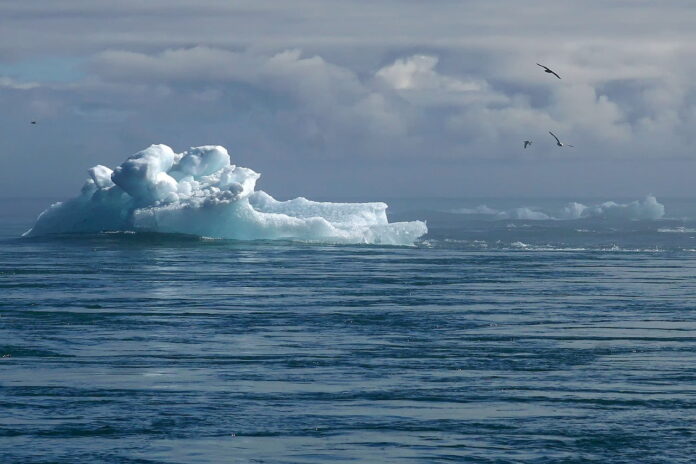In an era where climate change and environmental degradation pose significant threats to global ecosystems and human societies, integrating indigenous wisdom with modern science offers a holistic approach to finding sustainable solutions. Indigenous communities have lived in harmony with nature for millennia, developing a deep understanding of their environment. By combining this ancestral knowledge with contemporary scientific methods, we can enhance our strategies for mitigating climate change and managing natural resources sustainably.
Bridging Two Worlds: Indigenous Wisdom Meets Science
The convergence of indigenous wisdom and modern science represents a fusion of two worlds, each with its unique strengths. Indigenous knowledge systems are rooted in a profound connection to the land, encompassing a wealth of information about local ecosystems, species, and climate patterns. These systems are often holistic, considering the interdependence of all living things and the spiritual dimensions of human-environment interactions. Modern science, on the other hand, offers a rigorous framework for understanding the natural world through empirical evidence and theoretical models. By bridging these two worlds, we can create a more comprehensive understanding of environmental processes and develop innovative approaches to sustainability.
The collaboration between indigenous communities and scientists has the potential to enhance the credibility and applicability of environmental research. Indigenous peoples can provide valuable insights into long-term ecological changes and traditional resource management practices that have stood the test of time. Scientists, in turn, can contribute by systematically analyzing this knowledge and integrating it with global environmental data. This partnership can also empower indigenous communities, acknowledging their expertise and providing them with tools to protect their lands and traditions.
However, integrating these two systems is not without challenges. It requires mutual respect, open dialogue, and a willingness to learn from each other. There must be an equitable exchange of knowledge, with scientists recognizing the value of indigenous perspectives and ensuring that their research benefits the communities involved. By fostering such collaborations, we can work towards a more sustainable future that honors both scientific innovation and the wisdom of our ancestors.
Climate Solutions from Ancestral Knowledge
Indigenous communities have long adapted to changing environments, developing practices that can inform our response to climate change. For example, traditional agricultural methods such as polyculture and agroforestry maintain soil health and biodiversity, enhancing resilience to climate extremes. These practices can be integrated into modern agricultural systems to reduce dependence on chemical inputs and promote sustainable food production. Additionally, indigenous land management techniques, such as controlled burns to prevent larger wildfires, offer valuable strategies for maintaining ecosystem balance and reducing greenhouse gas emissions.
The traditional ecological knowledge of indigenous peoples also provides insights into natural climate solutions, such as the conservation of carbon-rich habitats like peatlands, mangroves, and old-growth forests. By respecting indigenous land rights and supporting their stewardship of these areas, we can leverage their expertise in maintaining the health of these ecosystems. Furthermore, indigenous cosmologies often emphasize the interconnectedness of all life, fostering a sense of responsibility towards the environment. This worldview can inspire broader societal shifts towards more sustainable lifestyles and consumption patterns.
In the face of climate change, indigenous knowledge systems offer adaptive strategies that have been refined over generations. These strategies are location-specific, developed through a deep understanding of local conditions and species. By incorporating this knowledge into climate models and policy-making, we can enhance our ability to predict and respond to environmental changes. This integration also underscores the importance of preserving indigenous cultures and languages, as they are the vessels through which this knowledge is transmitted.
Sustainable Practices: Learning from Tradition
Traditional resource management practices offer a blueprint for sustainability that modern society can learn from. Indigenous communities have historically managed their resources through principles of reciprocity, conservation, and respect for all forms of life. These principles can inform contemporary resource management, promoting practices that are both ecologically sound and socially just. For instance, the rotational use of fishing grounds and hunting areas allows populations to recover, ensuring long-term food security and biodiversity.
The concept of “taking only what you need” is deeply ingrained in many indigenous cultures. This approach contrasts with the extractive mentality that often drives modern resource exploitation. By adopting this principle, we can shift towards a circular economy that minimizes waste and values the regenerative capacities of the Earth. Additionally, indigenous crafts and technologies, such as the construction of dwellings from natural and locally sourced materials, demonstrate how to live sustainably within the means of the local environment.
Finally, indigenous governance systems often incorporate sustainable practices into their social and legal frameworks. These systems can guide the development of policies that prioritize long-term ecological health over short-term economic gains. By integrating indigenous governance principles with modern legal structures, we can create more effective environmental regulations that are culturally appropriate and environmentally sound. Learning from tradition, we can forge a path towards a future where human activities are in harmony with the natural world, ensuring the well-being of both current and future generations.
